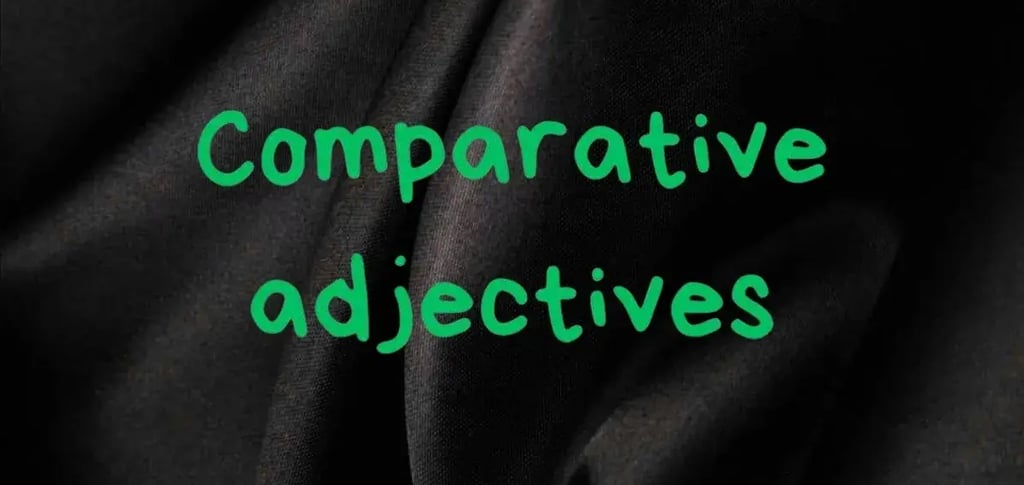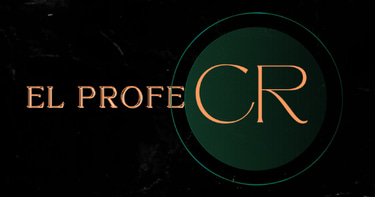
Comparative adjectives
A1-A2 GRAMMAR
2 min read


Do you know how to use comparative adjectives like older, better and more interesting?
Look at these examples to see how we use comparative adjectives.
The city is more interesting than the countryside.
This house is older than my house.
She's better at cooking now than before.
Explanation
Comparative adjectives are used to compare differences between the two objects they modify (larger, smaller, faster, higher). They are used in sentences where two nouns are compared, in this pattern: Noun (subject) + verb + comparative adjective + than + noun (object).
We use comparative adjectives to compare two things or show change. The comparative form depends on the number of syllables in the adjective.
Adjectives with one syllable
To make comparative forms with one-syllable adjectives, we usually add -er:
old → older
clean → cleaner
slow → slower
If an adjective ends in -e, we add -r:
safe → safer
nice → nicer
If an adjective ends in a vowel and a consonant, we usually double the consonant:
big → bigger
hot → hotter
Adjectives with two or more syllables
If a two-syllable adjective ends in a consonant and -y, we change -y to -i and add -er:
noisy → noisier
happy → happier
easy → easier
We use more to make comparative forms for most other two-syllable adjectives and for all adjectives with three or more syllables:
crowded → more crowded
stressful → more stressful
dangerous → more dangerous
Exception: You can either add -er/-r or use more with some two-syllable adjectives, such as common, cruel, gentle, handsome, likely, narrow, pleasant, polite, simple and stupid.
I think life in the countryside is simpler than in the city.
It's more simple to live in the city because everything you need is there.
Irregular adjectives
The adjectives good, bad and far have irregular comparative forms:
good → better
bad → worse
far → further/farther
Than
When we want to say which person or thing we are comparing with, we can use than:
Their house is cleaner than ours.
Traffic is slower in the city than in the countryside.
After the race I was more tired than Anne.
Sobre nosotros
El Profe CR busca ayudar a aquellas personas que deseen desarrollar las habilidades que hoy en día las empresas requieren de cada candidato(a) con y sin experiencia laboral.
©2025 Todos los derechos reservados.
